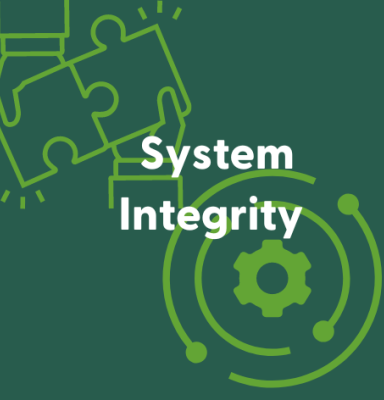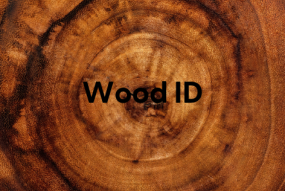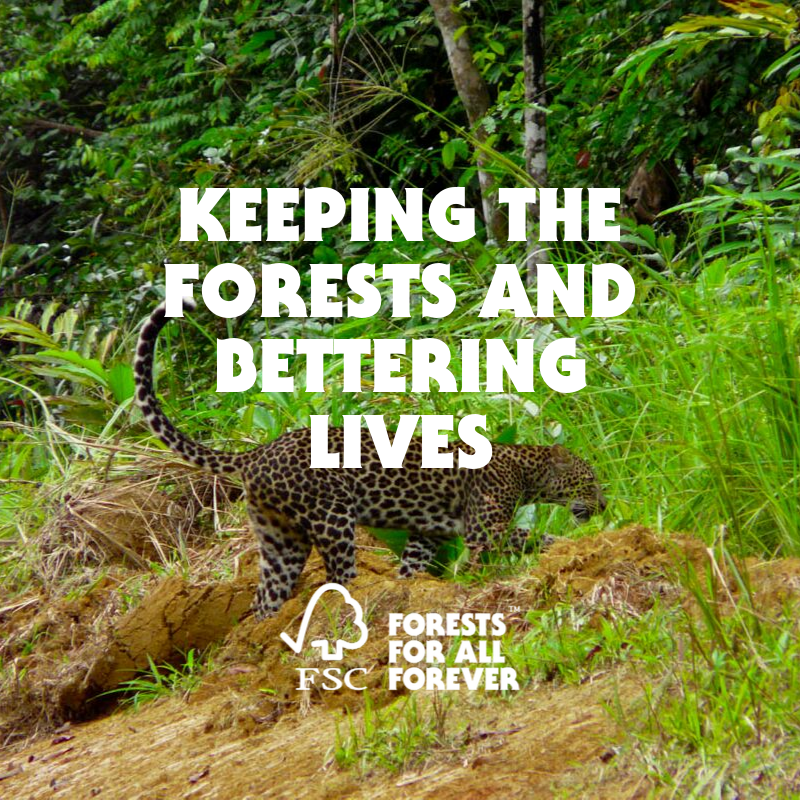
We are governed by our members (representing three chambers) and actively support Indigenous Peoples’ rights.
We are governed by our members (representing three chambers) and actively support Indigenous Peoples’ rights.
All FSC-certified forests are managed in line with the same global principles, and our certificate holders and certification bodies are accountable and independently audited.
We consult stakeholders on changes to our standards, have a dispute resolution process and enjoy broad NGO support.
We operate globally, our iconic logo is recognised, and we help governments and organisations to meet agreed sourcing standards.
We are the pioneers of forest certification and we continue to innovate, whether that means certification in new sectors or using more efficient, digital tools.
Certification of forests and forest products is only valuable if it can be trusted. That’s why we’re committed to an open, transparent process for protecting the integrity of the FSC certification system.
Our policies and procedures for safeguarding integrity are concentrated in three key areas.
A unique feature of FSC is our Policy for Association. Under this policy, any organisation connected with FSC must not engage in unacceptable practices, including:
This policy applies not only to our certificate holders but also to other organisations within their corporate group. It covers destructive practices that take place anywhere, even in forests that aren’t FSC certified.
This policy applies to all organisations associated with, or seeking to associate with, FSC. This includes all organisations holding a contractual agreement with FSC, including a license agreement, cooperative agreement and a membership agreement.
Depending on when the unacceptable activity occurs/occurred, FSC will determine which policy version is used as the point of reference.
See how new earth observation technology is helping FSC and its collaborators monitor forest activity.
Businesses, consumers, and other organisations worldwide depend on the integrity of the FSC label. We lead initiatives around the globe to identify, eliminate, and prevent inaccurate and false claims made anywhere in the supply chain.
We do this through:
Additionally, FSC is the only global forest certification system with an integrated accreditation programme that systematically checks its certification bodies. These certification bodies are accountable to strict guidelines to ensure their decisions are made impartially without regard to commercial, financial, or other pressures.
We’re pioneering new ways of using technology to verify claims made throughout the supply chain, including blockchain and wood identification techniques.
Once a company receives certification, they are permitted to use the FSC trademark. There are three ways in which FSC protects its trademark:

Blockchain
We’re leveraging the power of blockchain to revolutionize materials traceability and trade compliance in high-risk supply chains.

Wood identification
We're piloting the application of cutting-edge wood identification technology to root out false claims and trace the origins of timber.

Earth observation
We’re using satellite technology to help auditors monitor forest health and proactively detect threats.
We’re committed to addressing activities that violate our core values. We follow a rigorous process to manage and investigate allegations pertaining to our Policy for Association.
The allegation could be raised through ongoing proactive assessments made by FSC or by a complaint submitted by variety of stakeholders, including civil society organizations, concerned citizens, and others. FSC aims at further scaling up active identification of alleged violations and addressing them proactively.
Once FSC determines that the allegation is supported by adequate evidence, a Policy for Association case is opened. The case is assessed to determine the best way to move forward. This could include bringing concerned parties together to find a resolution, launching an investigation, or moving directly to a decision.
We assign an independent investigation team made up of experts in the area of the alleged offense. We take investigations very seriously and ensure they are conducted thoroughly and fairly.
A decision is made by the FSC Policy for Association Decision Panel based on the final report by the investigation team. Any decisions on disassociation are also reviewed by the FSC International Board of Directors.
Organisations involved in unacceptable activities have their certificates terminated and are excluded from participation in the FSC system.
Organisations that have been removed from the FSC system can work toward reinstatement - but only if they demonstrate real commitment to change.

Policy for Association violations: Our remedy and reform process requires organizations that have been removed from the FSC system for violating the Policy for Association to make amends for the harm they have caused and permanently change the way they work in the future.
Through extensive collaboration and consultation, a plan is formulated to remedy the harm caused and make sure it doesn’t happen again.
Supply chain integrity cases: FSC can block a company if it violates the certification standards. This blockage lasts for a specific period of time. If the blockage is to be lifted sooner, then the company has to perform corrective actions and pay a penalty fee.
FSC Remedy Framework: As the world’s most trusted provider of forest management solutions, the Forest Stewardship Council (FSC) has launched two ground-breaking procedures, known as the FSC Remedy Frameworks to address past social and environmental harms caused in the world’s forests. With the FSC Remedy Frameworks, FSC is paving the way for organizations and other stakeholders to embark on a journey of healing and regeneration through a verified process.
The FSC Remedy Frameworks define requirements for remedying harm caused by:
Destructive activities that are unacceptable to FSC which are stipulated in the FSC Policy for Association (version 2 and version 3).
Conversion of natural forests within a stipulated period of time defined in the FSC Principles and Criteria. Remedy requirements for conversion are provided in only one of the procedures (FSC-PRO-01-007).
No system is perfect, but we take action when a problem is detected or reported. When we receive complaints or appeals from stakeholders, whether it is addressing performance, decisions taken or any other element in the FSC system, we take it seriously. Our team is committed to getting your issue heard by the right people swiftly and thoroughly.
